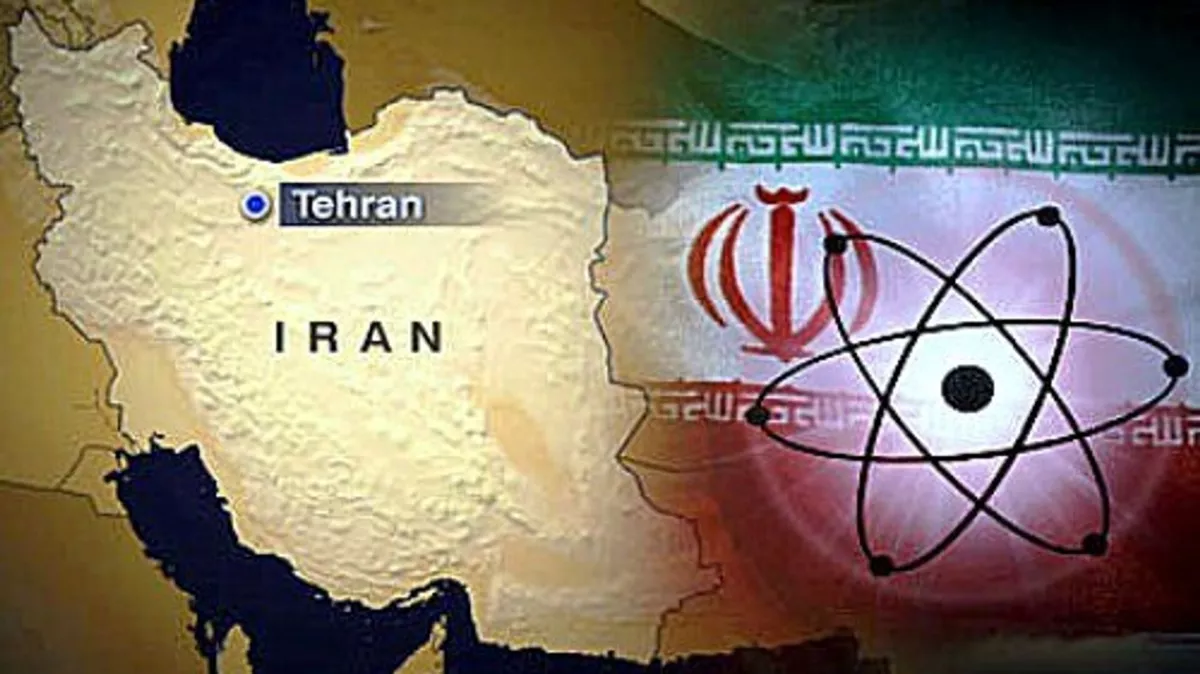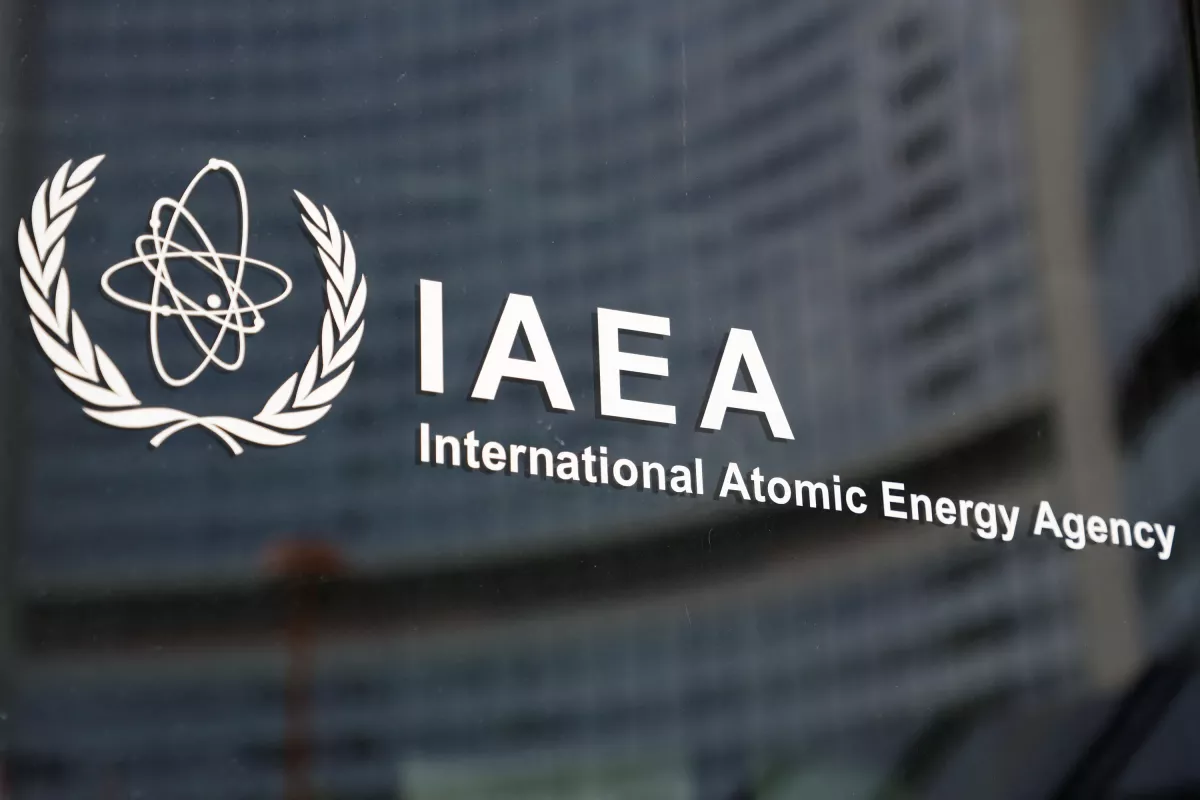Iran vs. IAEA: Non-cooperation as casus belli A dangerous game of nuclear brinkmanship
One of the most significant outcomes of the 12-day war between Israel and Iran was the decision by the Iranian authorities to suspend cooperation with the International Atomic Energy Agency (IAEA). On June 25, this decision was approved by the Iranian parliament — 222 parliamentarians voted in favor, with only one abstention.
Tehran’s decision was also supported by its allies. For example, Russian Foreign Minister Sergey Lavrov stated that “the Europeans have taken a purely imperialist neo-colonial stance. At the IAEA headquarters, when Grossi’s report was being discussed, they actively influenced it so that it would contain the most ambiguously negative formulations possible. Which it did. And a few days later, Israel carried out its strikes.”
As a result of the Iranian parliament’s decision, IAEA personnel are temporarily denied entry to the country to conduct inspections until “the safety of Iran’s nuclear facilities and peaceful nuclear activities is guaranteed.” Commenting on the matter, Vladimir Sazhin, Senior Research Fellow at the Institute of Oriental Studies of the Russian Academy of Sciences, believes that Tehran’s decision to freeze cooperation with the IAEA is largely symbolic. In his view, the inspections have lost their practical relevance due to the large-scale destruction of Iran’s nuclear infrastructure following strikes by the United States and Israel. Centrifuges and other facilities sustained significant damage, and their restoration may take anywhere from one to five years.

Let us take a brief look back at the history of the IAEA’s establishment and activities. The International Atomic Energy Agency was founded in 1957 on the initiative of U.S. President Dwight D. Eisenhower. In his speech on December 8, 1953, at the United Nations General Assembly, he called on the United States and the Soviet Union to cooperate for the safe use of atomic energy for peaceful purposes and proposed the creation of a dedicated international body to that end. This was followed by negotiations and the drafting of the new organisation’s founding charter. In addition to the major nuclear powers of the time — the USSR and the USA — the project was also discussed by representatives of the countries then leading in nuclear technology or uranium production: Australia, Belgium, Brazil, the United Kingdom, India, Canada, Portugal, France, Czechoslovakia, and South Africa. On December 4, 1954, the UN General Assembly endorsed the establishment of the IAEA. The organisation’s official founding date is considered to be July 29, 1957, when its Statute entered into force.
Formally, the Agency is part of the United Nations system but operates as an independent entity. Its responsibilities include oversight and technical cooperation in the nuclear field. The organisation currently comprises 178 member states. The only country to have withdrawn from the IAEA is North Korea, which left in 1994 after inspectors accused Pyongyang of producing plutonium beyond the limits permitted by the Agency.
Over the past few decades, the IAEA has repeatedly faced accusations of bias and of providing a pretext for aggressive actions. Prior to the 2003 invasion of Iraq, the United States and its allies claimed that Baghdad possessed chemical weapons and was working to develop a nuclear bomb. This was the main argument in favour of the attack — Iraq was allegedly posing a threat to global and regional security.
In 2002, IAEA inspectors visited several Iraqi facilities and, in early 2003, reported the presence of high-precision aluminium tubes in the country, which could theoretically be used to enrich uranium for a nuclear warhead. These tubes became the sole piece of material evidence underpinning the accusations levelled against Baghdad by the administration of George W. Bush in the lead-up to the invasion.
In an interview with CNN on September 8, 2002, U.S. National Security Advisor Condoleezza Rice stated that the aluminium tubes were “only really suited for nuclear weapons programs” and added, “we don't want the smoking gun to be a mushroom cloud.” The IAEA later refuted these claims, but the propagandistic effect of the finding had already taken its toll.
Twenty years later, in August 2023, the Japanese government began discharging treated, though still radioactive, water from the damaged Fukushima Daiichi nuclear power plant into the Pacific Ocean. The IAEA gave the green light to this controversial plan after two years of review. Agency head Rafael Grossi stated that the safety assessment conducted by the organisation showed the plan is “consistent with relevant international safety standards… [and that] the controlled, gradual discharges of the treated water to the sea, as currently planned and assessed by TEPCO, would have a negligible radiological impact on people and the environment.” However, the start of the discharge sparked fierce opposition from Japan’s neighbours and Pacific nations, as well as fishing and agricultural communities in Fukushima and surrounding areas. Beijing, in particular, harshly criticised the plan. Commenting on the IAEA report, China’s Ministry of Foreign Affairs noted that it “does not fully reflect the views of the experts.”

What are the consequences of the suspension of cooperation between the IAEA and Tehran? According to Rafael Grossi, the head of the Agency, since the start of the armed conflict between Iran and Israel, the organisation has lost oversight of approximately 400 kg of uranium enriched to 60% on Iranian territory. He noted that while the uranium remains in Iran, the IAEA has not received any data on its location since the beginning of the hostilities. Strikes on nuclear facilities in Fordow, Natanz, and Isfahan, carried out by Israel and the United States, may have prompted the Islamic Republic to move part of the uranium to another site. Iran has informed the IAEA of protective measures taken to secure its nuclear materials, but verification of this information would require the inspectors’ work to resume. Grossi also emphasised that, as a signatory to the Treaty on the Non-Proliferation of Nuclear Weapons (NPT), Iran is obligated to provide the IAEA with access to nuclear materials and information on their movement. He added that a high level of uranium enrichment does not, in itself, indicate that Tehran possesses nuclear weapons.
A debate is currently underway over what steps the international community can take in response to Tehran’s actions. Under the Treaty on the Non-Proliferation of Nuclear Weapons, the IAEA is responsible for monitoring compliance by member states, but the Agency itself lacks actual enforcement or sanctioning mechanisms.
Nonetheless, Iran’s refusal to cooperate could well serve as a pretext for pressure from countries intent on dismantling its nuclear programme — and another casus belli (justification for war). This suggests that the Iranian leadership is engaged in a very dangerous game.








